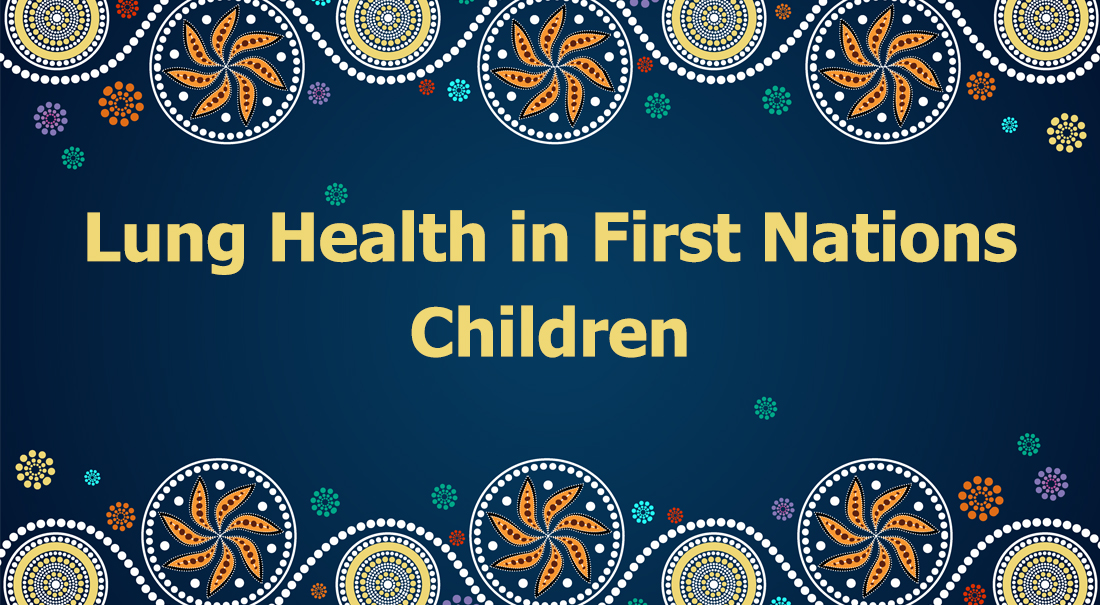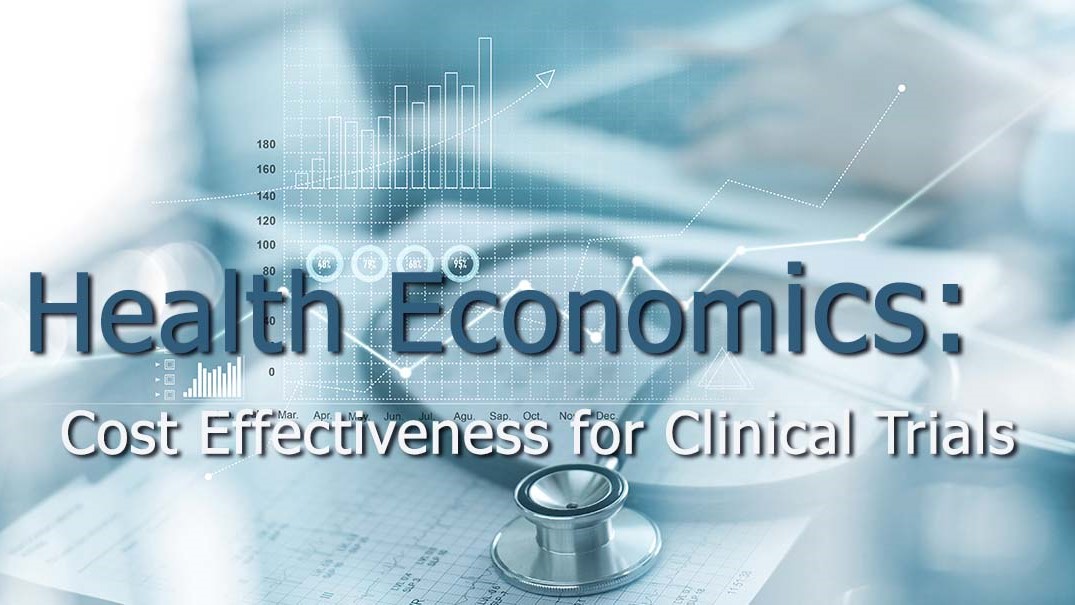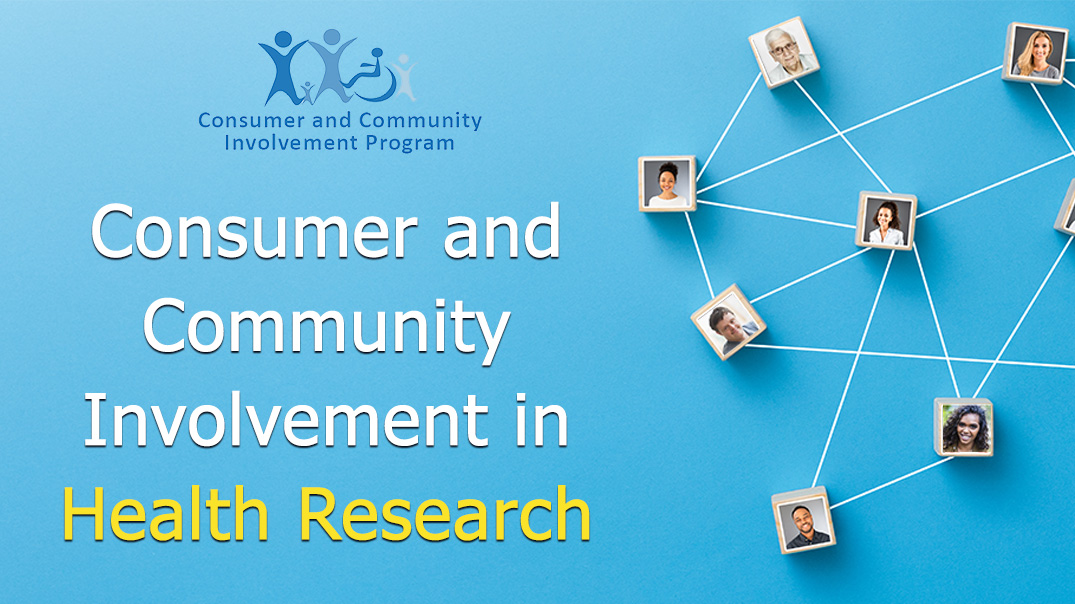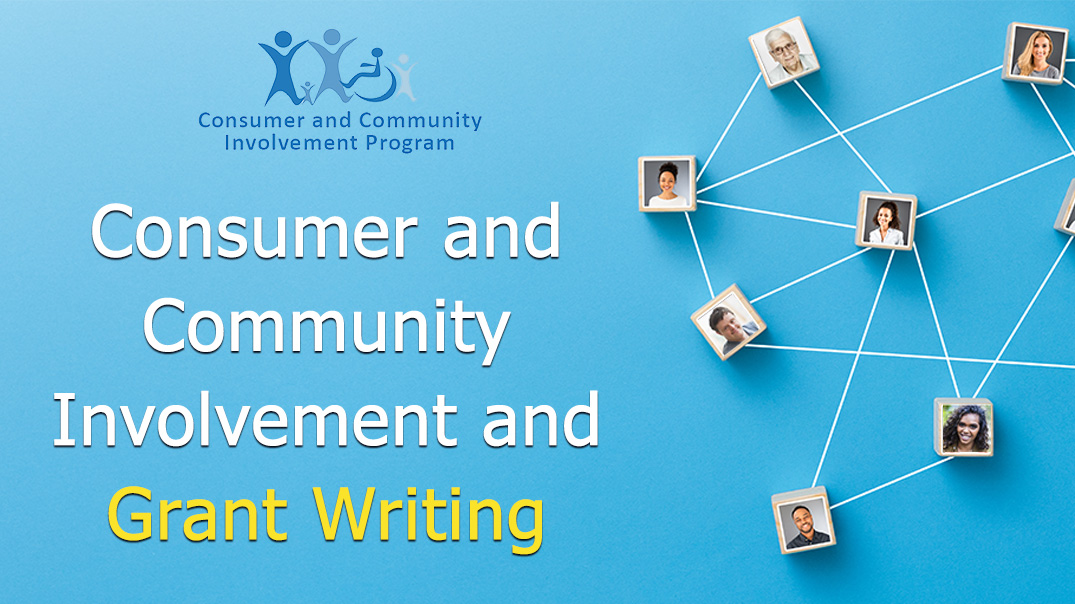
Good Clinical Practice E6(R3) in Australia
A TransCelerate Mutually Recognised ICH GCP E6(R3) Training Program. Aligned with the National Statement (2025).
About This Course
The Good Clinical Practice E6(R3) in Australia online training course is designed to support Australian clinical researchers in understanding and applying the principles of GCP. This revised course reflects the latest developments in clinical research, aligning with the newly released ICH GCP E6(R3) guidelines and the 2025 National Statement on Ethical Conduct in Human Research. It is a TransCelerate Mutually Recognised course, ensuring broad acceptance across global research organisations.
While ICH GCP is primarily intended for clinical trials with an international focus, GCP principles are expected to underpin all human research conducted in Australia. This course provides a practical foundation for meeting those expectations and ensuring ethical and high‑quality research practice.
Beyond the content updates, the new course design offers a more engaging and accessible learning experience for all participants. With the ability to exit and resume the course at any point, participants can fit training into their busy schedules and gain valuable insights into this critical aspect of clinical research.
Whether you’re new to clinical research or looking to stay current with evolving standards, this course delivers the essential knowledge and tools you need.
Have a question about the course content?
Our AI assistant is here to help! Get instant answers and clarifications on modules, principles, and guidelines.

Pricing
Free
WAHTN Partners have free access to this course
$40
Participants from the AHRA partner organisations have discounted access to this course.
$120
Any person from the public can gain access to the course.
Course Objectives

By the end of this course, participants will be able to:
- Understand the purpose of clinical trials and the origins of Good Clinical Practice (GCP).
- Understand the GCP principles and the hierarchy of guidelines in Australian clinical research.
- Identify key stakeholders’ roles and their responsibilities in clinical trials.
- Understand best practices for data handling, storage, retention, and compliance with GCP requirements.
- Understand data and record management requirements and investigational product accountability.
- Understand the role of investigational products in clinical research.
- Understand investigator and sponsor responsibilities in managing investigational products.
- Understand the Research Governance Framework and its components, including the roles of the Research Governance Office (RGO) and Human Research Ethics Committee (HREC).
- Develop a governance application that meets institutional and jurisdictional requirements, including key elements for compliance in health research projects.
- Identify the steps required for participant Informed Consent.
- Distinguish between different types of consent, such as informed, opt-out, and waiver of consent.
- Identify the roles and responsibilities of the sponsor, investigators, HREC, and institution/site in monitoring a research project.
- Understand the processes for data management and amendments during a project.
- Recognise the progress, compliance, and safety reporting requirements, particularly for clinical trials and clinical investigation research.
- Comprehend the key requirements for successfully closing a research project.

Feedback From Participants
"The way the material was presented was clear and interesting. I enjoyed the visuals and ‘clicking’ to access different sections for more information."
"Contains a broad overview of good clinical practice but also surprisingly detailed information. This is by far one of the best online course I’ve done in a long time."
"It Provides a very good overview and the parts make sense when seen in a logical way. There are many prompts to more detailed references on the topics and they can be followed up for more information. Building in breaks was a good idea."
"Videos, real-life examples and visuals (e.g. charts) used to support comprehension."
"The content was well structured and allowed me to develop my understanding. Important information was consolidated well by the quiz"
"The self-assessments complement well with the comprehensive lesson content."
















